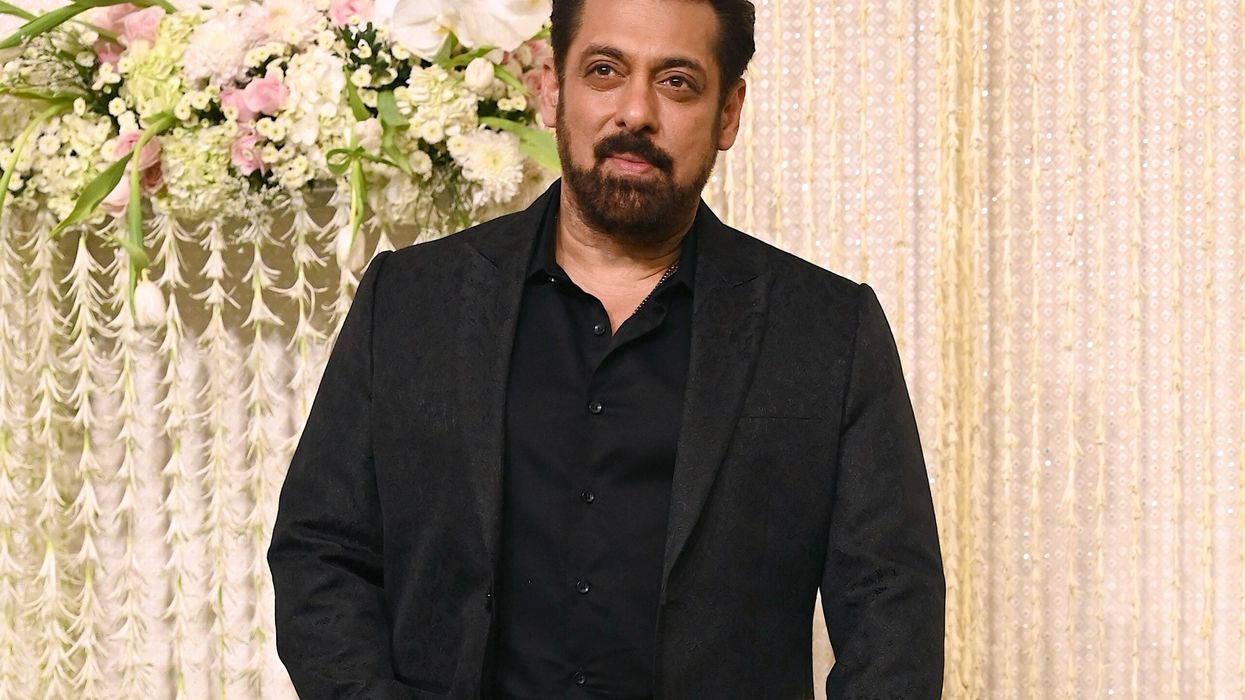The Navi Mumbai police have arrested four members of the Lawrence Bishnoi gang for allegedly plotting to attack Bollywood actor Salman Khan, a development coming in the wake of the recent firing outside his Bandra home, a senior official said on Saturday.
The Navi Mumbai police launched a probe last month after they received a tip about a conspiracy to target the actor at his farmhouse in the Panvel area, the official said.
The police said the four were in touch with jailed gangster Lawrence Bishnoi, and his younger brother Anmol Bishnoi and had recced the farmhouse and places where Salman Khan “worked” at the behest of the Bishnoi brothers.
The Navi Mumbai police named 17 persons, including Lawrence Bishnoi and Anmol Bishnoi, in its FIR.
The four arrested persons have been identified as Dhananjay Tapesingh, alias Ajay Kashyap, Gaurav Bhatia, alias Nahvi, Vaspi Khan, alias Waseem Chikna, and Rizwan Khan, alias Javed Khan.
They have been booked under Indian Penal Code (IPC) sections, including 120-B (Conspiracy) and 506 (criminal intimidation), the official said.
Lawrence Bishnoi is currently lodged in the Sabarmati central prison in Gujarat’s Ahmedabad, while Anmol Bishnoi is believed to be in the US or Canada.
On April 14, two bike-borne men fired multiple rounds outside Khan’s home – Galaxy Apartments – in Mumbai’s Bandra. The shooters, Vicky Gupta and Sagar Pal, were arrested from Gujarat.
Sonu Bishnoi and Anuj Thapan, who allegedly delivered weapons to the shooters, were nabbed later from Punjab. Thapan allegedly hanged himself in a police lock-up here on May 1. Mumbai police subsequently made more arrests in the case.




